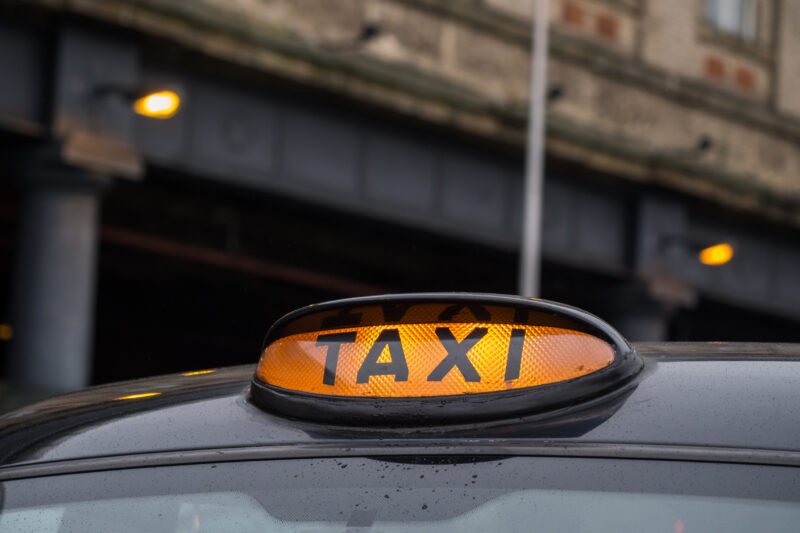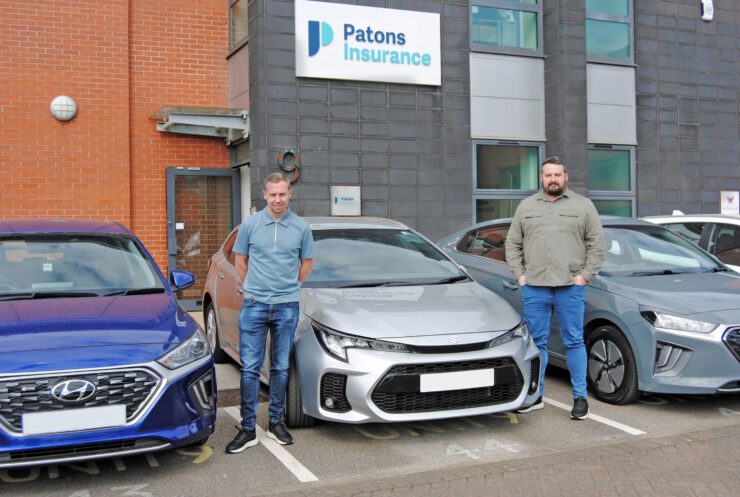CCTV cameras are virtually everywhere, acting as a deterrent as well as capturing vital evidence when incidents take place – and could help keep taxi drivers and their passengers safe.
People in the UK are captured on CCTV an average of 70 times a day – and 300 times a day in London. Whether it is in a shop, office, walking down the street or using public transport, being recorded has become part of everyday life. But routinely installing CCTV cameras in taxis and PHVs is more controversial. Those in favour argue that it is another way of keeping people safe, while those against it say it invades their privacy.
Mandatory cameras
Taxi drivers in Swindon were given no choice but to install CCTV cameras after a decision by Swindon Borough Council’s licensing committee in 2022, with cameras to be installed by April 1, 2023. It is one of only five per cent of licensing authorities to make CCTV mandatory in taxis.
Taxi drivers complied, but, as the Swindon Advertiser reports, the council was quickly swamped and couldn’t cope. Council officers struggled with the volume of record-keeping necessary because of staff shortages, and that deadline was missed.
The Advertiser reported: “Data protection laws would mean the local authority would be responsible to holding and managing the data captured by the CCTV if it was needed.”
The deadline to install the cameras was pushed back a year following a review.
A report to the licensing committee said: “This review established that where the council has mandated CCTV as part of its taxi licensing policy, there are significant technical requirements that must be in place to implement the requirement and to fulfil the Information Commissioner’s Office requirements.
“These present onerous expectations on the council as the data controller.”
It said this would enable the team “to look further into the requirements on the council if it insisted all taxis have cameras and recording equipment installed”.
Video evidence
Despite concerns about difficulties proving or disproving any allegations made, the committee heard that in six recent cases in which complaints were upheld against drivers, there were no cameras in any of their cabs.
It said: “Over the past year, the council has received some complaints about the conduct of HCV and PHV drivers. Three drivers have been suspended and three have had their licence revoked as a result.
“In taking this action, none of the investigations required CCTV footage to bring the matters to a conclusion.
“Whilst it is undeniably useful to capture footage via CCTV, the current level of criminality does not justify a requirement for mandatory inclusion. Fundamentally, the council does not have the resources to deliver a mandatory CCTV requirement at this time.”
While the deadline has been pushed back, taxi and PHV drivers in the borough are still free to install cameras if they wish to.
In fact, a consultation found that 72 per cent of respondents, mostly taxi drivers, wanted CCTV in their vehicles.
When CCTV cameras capture so many of our movements throughout the day, why should taxis be different, especially when they may be carrying drunk and difficult passengers on their way home after a night out?
Aren’t situations like this even more reason to have CCTV in all cabs?


